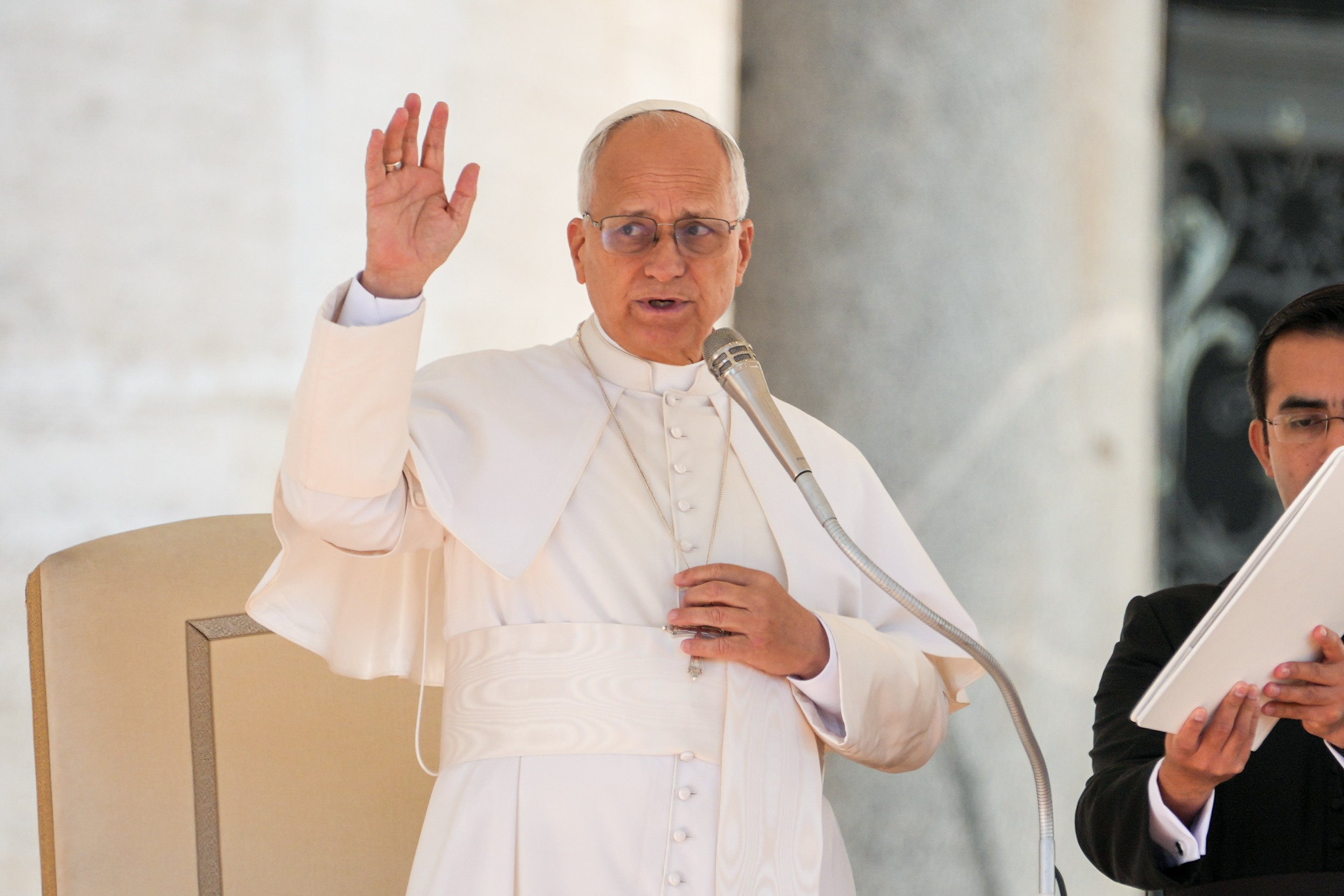April 6, 2018 at 1:53 p.m.
WORD OF FAITH
After the resurrection
'Let the entire house of Israel know...that God has made him both Lord and Messiah, this Jesus whom you crucified.' Acts 2:36
Sunday's Gospel (John 10:1-10) provides us with a classic example of the dramatic shift in emphasis which took place after Jesus' death and resurrection.
The late Rudolph Bultmann pointed out this phenomenon almost 100 years ago: "After Jesus died and rose, the preacher became the preached."
We know from the synoptic Gospels that one way Jesus defended His habit of associating with sinners was to remind His detractors that even they go after the lost: Women stop their housework to search for a lost coin; shepherds walk away from their flocks to pursue a lost sheep.
But at no point in these Gospels did he refer to Himself as the "good woman" or the "good shepherd." He simply employed images with which others could identify to fend off criticism about His going after lost sinners.
Another level
John is the evangelist who actually alters one of Jesus' examples - not only identifying Him with an ideal shepherd, but also expanding the metaphor by having Jesus go beyond just searching for the lost and pointing out how Jesus, the good shepherd, cares for the entire flock.
"Whoever enters through the gate is the shepherd of the sheep. The sheep hear his voice, as the shepherd calls his own sheep by name and leads them out. He walks ahead of them, and the sheep follow him, because they recognize his voice."
John eventually changes the whole metaphor and makes Jesus the gate for the sheep: "Whoever enters through me will be saved, and come in and go out and find pasture - I came so that they might have life and have it more abundantly."
What the historical Jesus once preached about, the risen Jesus has now become.
The early Church made Jesus, not just His message, the center of their faith. The author of 1 Peter (2:20b-25) shows us the end result of this process: Jesus "bore our sins in his body upon the cross, so that, free from sin, we might live for righteousness. By his wounds you have been healed. For you had gone astray like sheep, but you have now returned to the shepherd and guardian of your souls."
We're not just expected to follow the things Jesus taught; we're expected to follow Jesus Himself.
What to do?
That explains why, in our first reading (Acts 2:14a, 36-41), Peter's response to the crowd's question "What are we to do, my brothers?" is so significant. He ends his Pentecost sermon with the simple response, "Repent and be baptized...in the name of Jesus Christ for the forgiveness of your sins."
Biblical repentance demands a complete change of one's value system. What was once important in our lives is now insignificant; what was once on the periphery of our lives is now dead center. Repentance implies a 180-degree change in how we look at reality.
The early Christian outward sign of that was their baptism in the name of Jesus the Christ: In other words, they had not only committed themselves to carry on the ministry of Jesus; they had now become other Christs.
That's why they could be certain their sins had been forgiven in baptism: Each had morphed into a different person because of the sacrament. He or she was no longer the individual who had committed those sins. They had acquired the personality of Jesus of Nazareth, someone who was without sin.[[In-content Ad]]
SOCIAL MEDIA
OSV NEWS
- Dig deep and work patiently to keep church on solid foundation, pope says
- Portland archbishop on ICE: Human dignity comes from God, not government
- Christian hope shows the earth can resemble heaven, pope says
- Washington Roundup: Election shifts; Venezuela vote; transgender passports, and more
- Novel highlights power of art and music as a salve to troubled humanity
- Supreme Court sides with Trump administration to temporarily block full funding for SNAP
- Former diocesan fundraising director indicted on wire fraud for alleged 6-figure theft
- Love is key to church’s mental health ministry, says bishop who lost family to suicide
- Caring for creation is part of peacemaking, pope tells COP30
- Security for Syria’s religious minorities is disastrous, say religious freedom advocates







Comments:
You must login to comment.